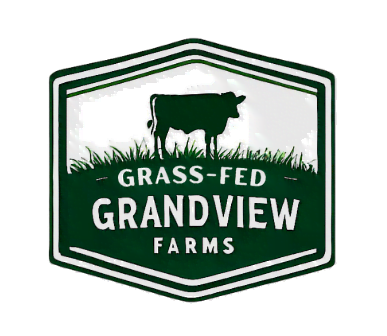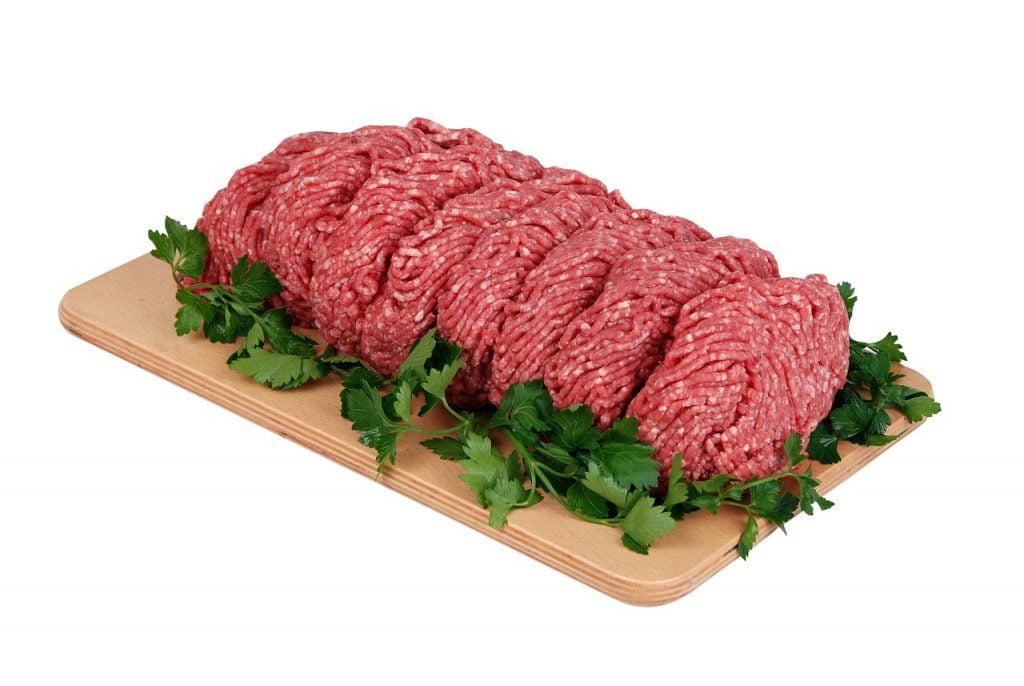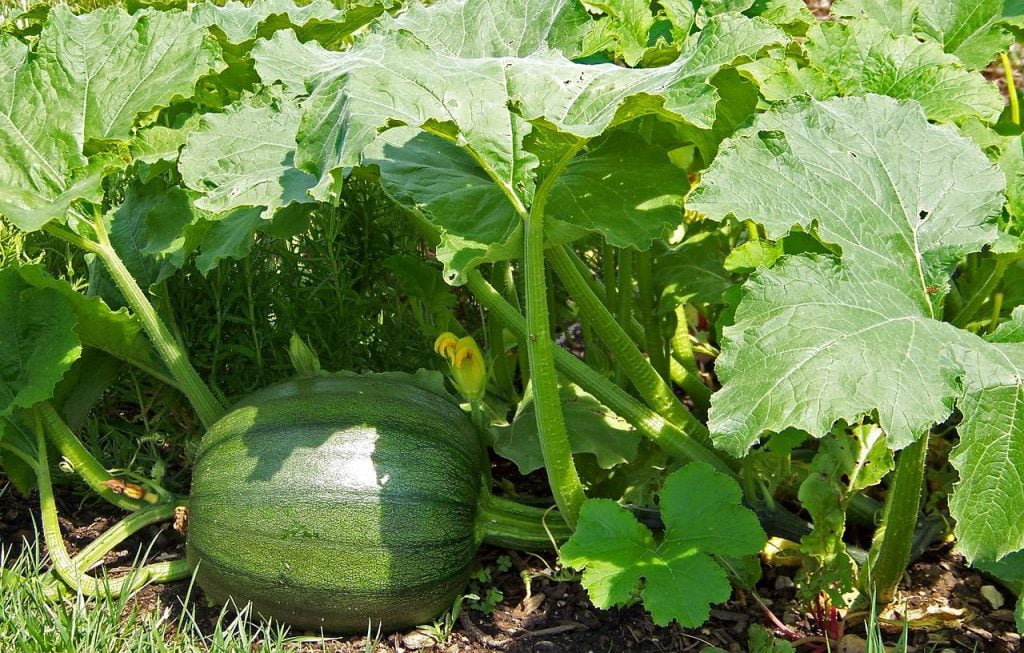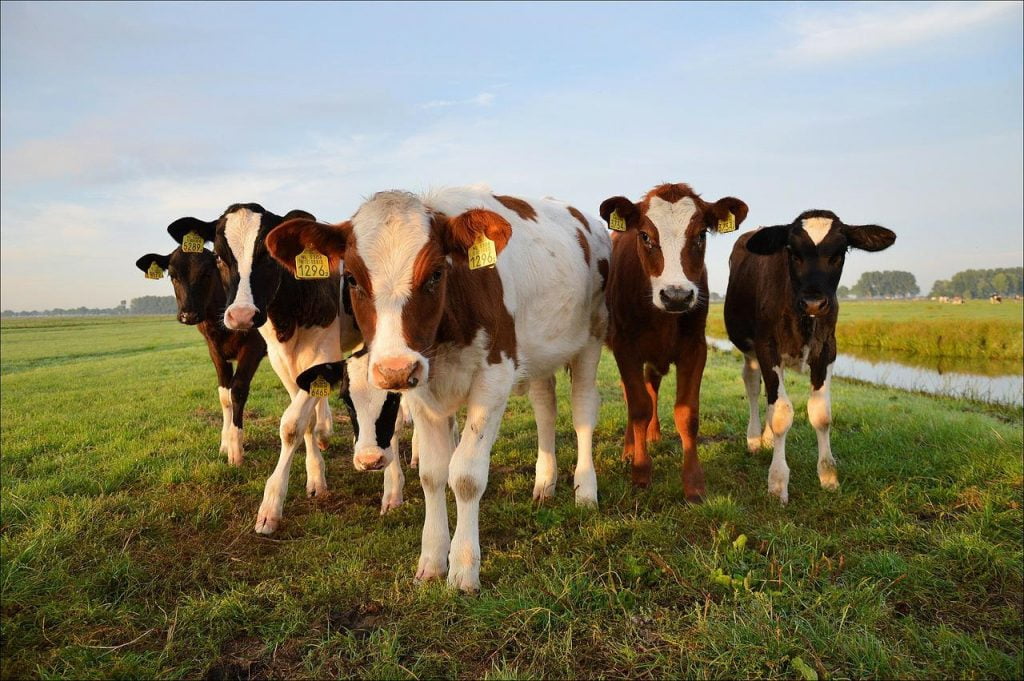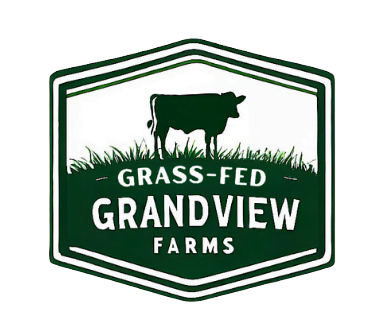The debate between grass-fed beef and grain-fed beef has been ongoing, leaving consumers confused about which option is better. In this blog post, we will dive into the myths surrounding grass-fed and grain-fed beef, providing you with accurate information to make an informed decision about your meat choices.
1. Understanding the Differences:
To begin, it’s essential to understand the fundamental differences between grass-fed and grain-fed beef. Grass-fed beef comes from cattle that have exclusively grazed on grass and forage throughout their lives. On the other hand, grain-fed beef refers to cattle that have been fed a diet primarily consisting of grains, such as corn or soy, in feedlots.
2. Nutritional Composition:
One common myth is that grass-fed beef is nutritionally superior to grain-fed beef. While grass-fed beef does offer certain advantages, such as higher levels of omega-3 fatty acids and vitamin E, the nutritional differences between the two are not as significant as often portrayed. Both types of beef provide essential nutrients and can be part of a healthy diet.
3. Taste and Texture:
Another misconception is that grass-fed beef is always more tender and flavorful than grain-fed beef. While grass-fed beef can indeed have a distinct taste and texture due to its diet, the overall flavor profile can vary depending on factors like breed, age, and cut of meat. Grain-fed beef, with its marbling from a grain-based diet, often offers a juicier and milder taste that some consumers prefer.
4. Environmental Impact:
One of the advantages of grass-fed beef is its lower environmental impact compared to grain-fed beef. Grass-fed cattle require less intensive farming practices, rely on natural resources like pastureland, and produce fewer greenhouse gas emissions. Choosing grass-fed beef can be an eco-friendly choice, especially when sourced from local and sustainable farms.
5. Personal Preference and Ethical Considerations:
Ultimately, choosing between grass-fed and grain-fed beef comes down to personal preference and ethical considerations. Grass-fed beef supports a more natural approach to raising cattle and promotes animal welfare by allowing them to graze on pasture. Grain-fed beef, on the other hand, may be more readily available and affordable for some consumers.
When it comes to the grass-fed vs. grain-fed beef debate, it’s crucial to separate fact from fiction. While grass-fed beef may offer certain benefits in terms of nutrition and sustainability, grain-fed beef also has its merits and can be part of a healthy diet. Consider your personal preferences, ethical concerns, and availability when making a choice. Ultimately, both grass-fed and grain-fed beef can be enjoyed as part of a balanced and conscious approach to meat consumption.
